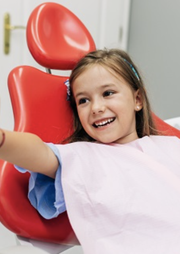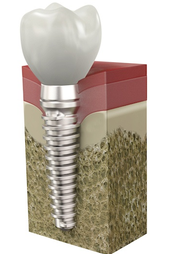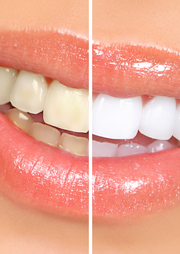Sleep apnea is a very serious condition, characterised by loud snoring and gasping for air during sleep and by excessive sleepiness while being awake.
The term apnea is a Greek word meaning “without breath”. Sleep apnea is a condition in which breathing is interrupted for more than 10 seconds.
Typical signs indicative of sleep apnea:
-
feeling of suffocation during sleep
-
feeling tired after having slept at night
-
waking up feeling tired and with a headache
-
falling asleep in inappropriate situations (in front of the TV or, simply, while sitting)
-
memory and concentration problems
-
irritability
Bruxism may also be a sign of apnea and this is while sleep bruxism must be properly investigated.
If you have been diagnosed with sleep apnea, it is important for you to start treatment as soon as possible, since sleep apnea may have very serious consequences, such as hypertension, erectile dysfunction, heart attack, stroke, and even death. Several road accidents can be ascribed to sleepiness deriving from sleep apnea.
Sleep apnea is very common and it is estimated to affect 1 in 15 individuals.
People often ignore the fact that more than one treatment option is available for sleep apnea.
Several orthopaedic devices for mandibular advancement are now available on the market and they can be easily worn during sleep. They eliminate snoring and considerably reduce apnea and their effectiveness is confirmed by solid scientific evidence.
Our practice has chosen the Narval device, manufactured by RESMED, the worldwide leader in the production of devices for the diagnosis and treatment of sleep apnea. The video available via the above link describes the technology used to manufacture the Narval device.
Therefore, if you have been diagnosed with sleep apnea, do not stop at CPAP, i.e. treatment with a mask and compressor. We can help you find out about other treatment options, which will undoubtedly prove more comfortable for you and for your partner.
Our practice collaborates with a specialised pneumologist in order to offer night-time monitoring of sleep through polysomnography and a correct diagnosis of sleep disorders.








